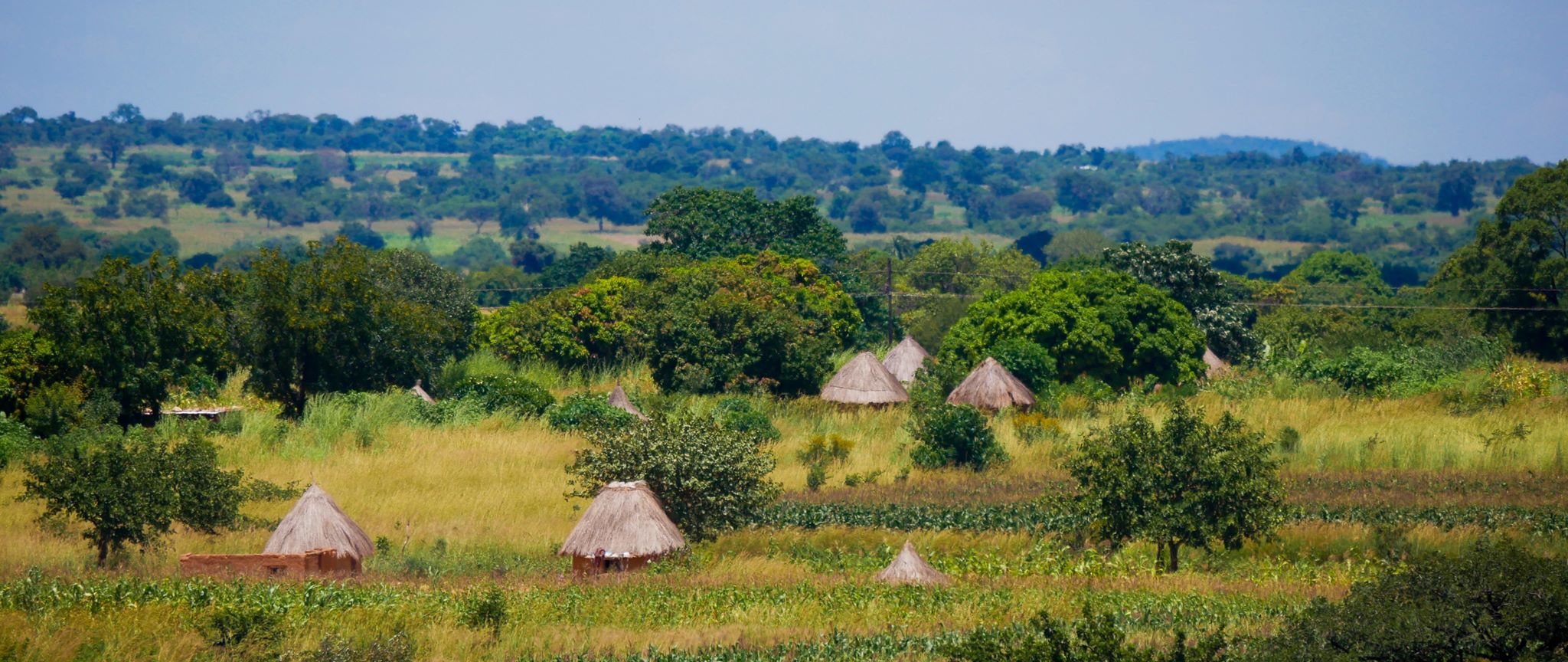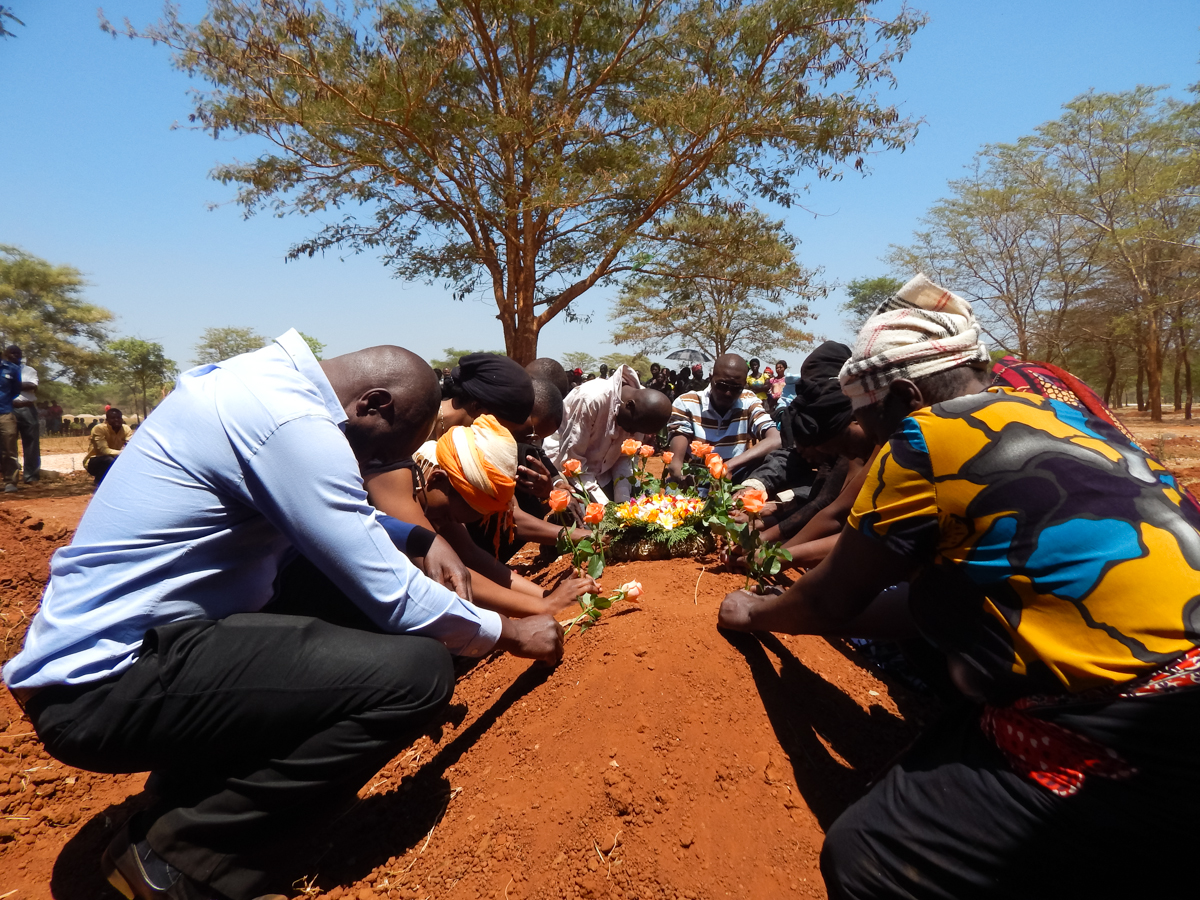Here is a really interesting piece from Prince, one of our scholars, on Zambian funerals.
I can still remember my first funeral; my mother was 80% against it but I insisted because it was a friend. I recall wondering to myself, when I arrived: “why is such an interesting ritual bound in age discrimination?” Arriving at the funeral felt like a big Hollywood red-carpet event: the sound of screaming women welcomed us from a couple of blocks; and parked cars filled both sides of the road like a presidential motorcade. Who could escape the stare of the blazing fire upon entering the gate?
I have never seen such originality in Zambia; some-crazy-how, the funeral possessed – within its simplicity – the intricacies of the African identity that we are campaigning and crying for. In that moment, ironically, I saw life; Africa had never been as alive as I beheld when we mourned our dead. #BlackLivesMatter can finally rest; the so-called lost identity of Africa is hiding in local funerals.
While most practices, ordinances, laws, and ways of African Societies have been dissolved in our desire for western civilisation, funerals remain unchanged. Modern civilisation has taught us individualisation, competition, and nucleic family systems; funerals, however, call Zambians back to our old civilisation. The funeral house, for four days, is probably busier than Wall Street on a Monday morning: men collecting firewood, women cooking in the kitchen, young girls washing dishes, young men chanting and drumming praises to God on behalf of the deceased. In the background, the family relations oversee the purchase of a coffin, burial site, and organise the transporting and feeding of the mourners. It was a beauty to watch Africans behave with such order as a community, perfectly leveraging duties as members of one body unit.
I believe funerals possess a distinctive attribute of African identity that feels certain and definite. This realisation inspires me to continue educating fellow citizens on the importance of our collective identity as Zambians – furthermore, as Africans. I identify as an African and yet, paradoxically, being African still remains largely undefined and unexplained.
I do not consider identity to be race, colour, religion, class, or tribe; too many divisions prevent the preservation of a collective identity. I have chosen to define identity as the collective mind-set of a people. Currently, African identity is vague and spoken of in gaps of negativity and weakness; however, from observing funerals, there is no truth that cannot be uncovered by thorough research and a resourceful education.
As I prepare to become a global citizen, I need to work on my identity because I have learnt that a sense of belonging is vital to succeed. Funerals bring a sense of belonging because Africa, since history, is a social community full of leveraging.


